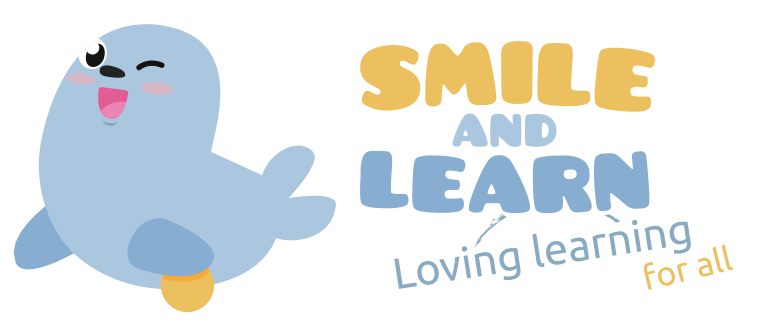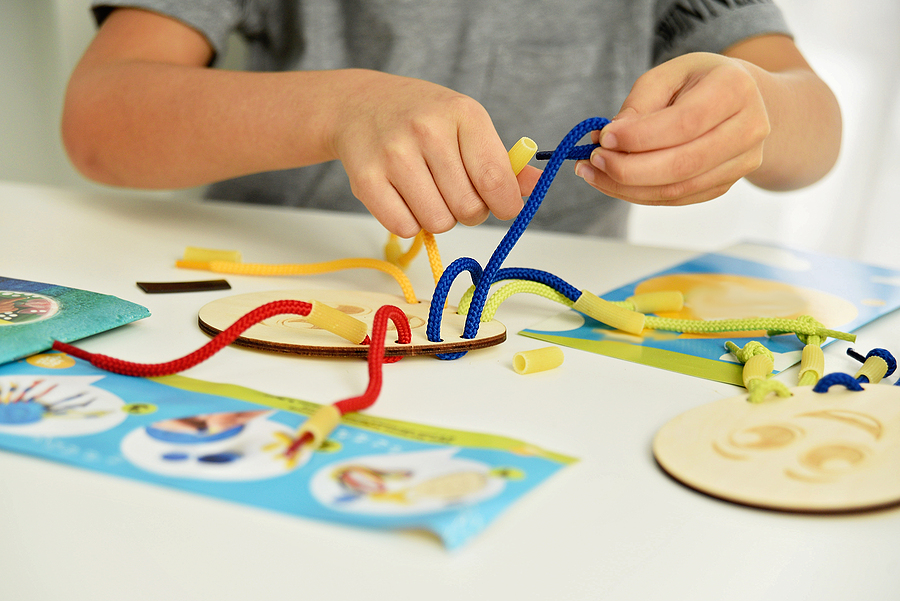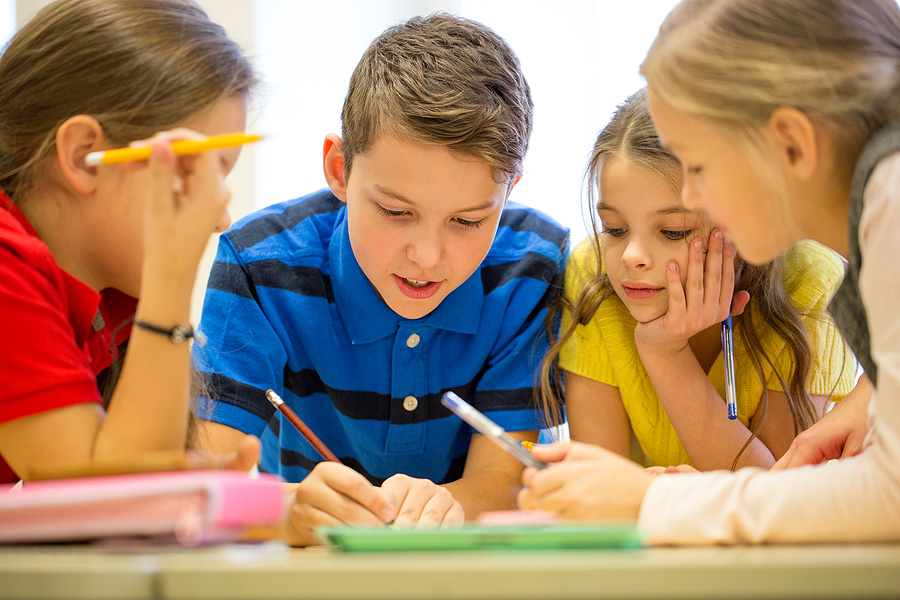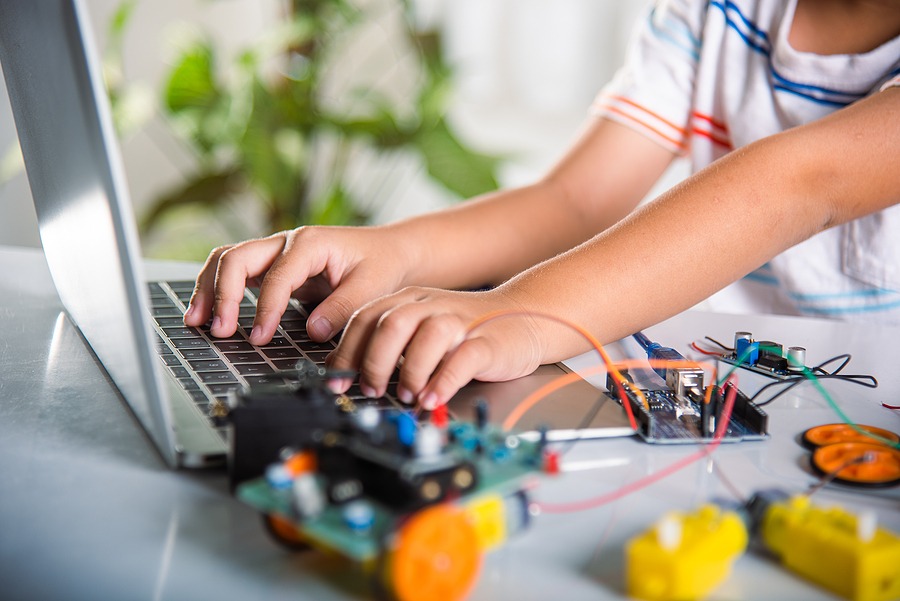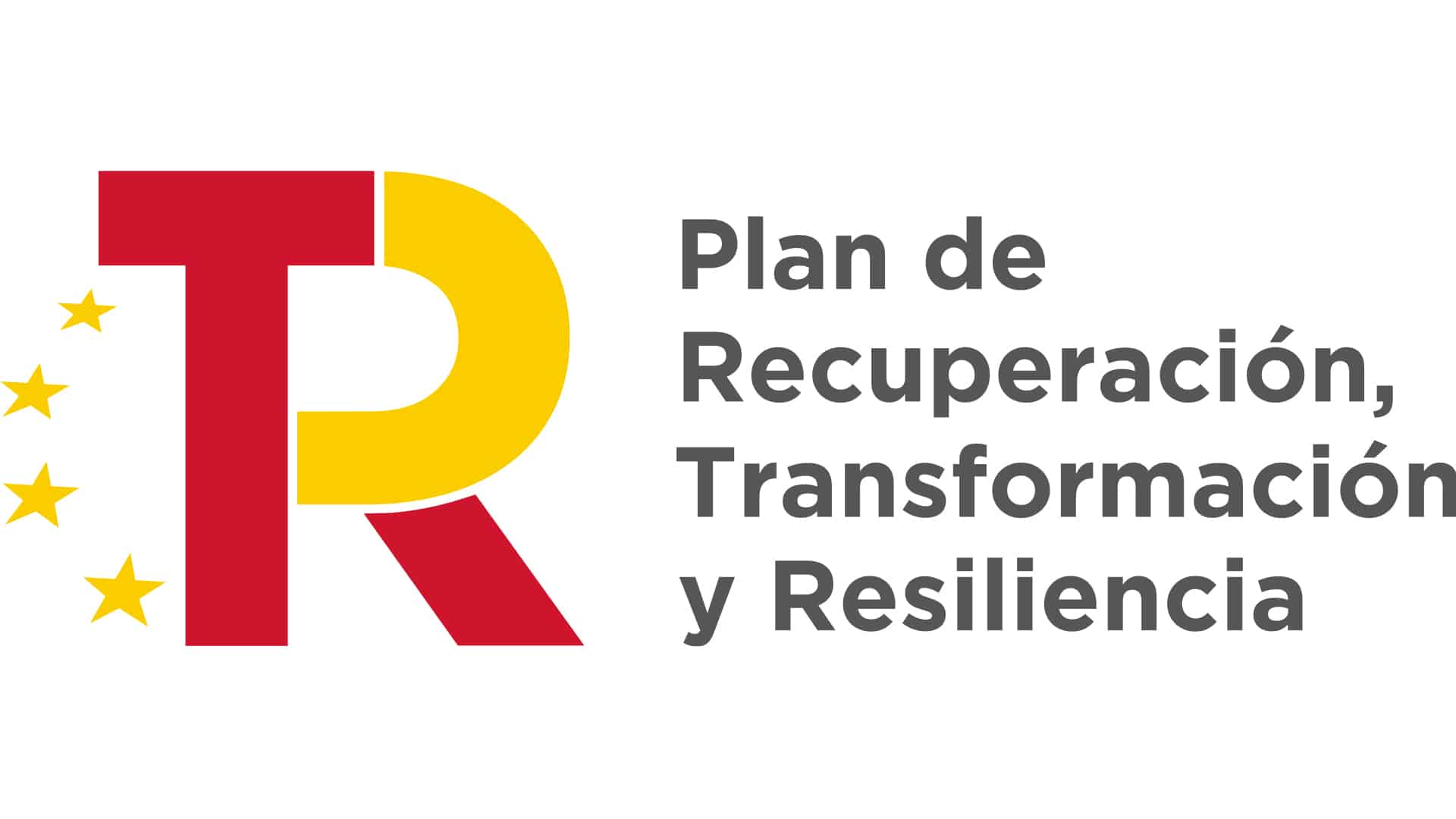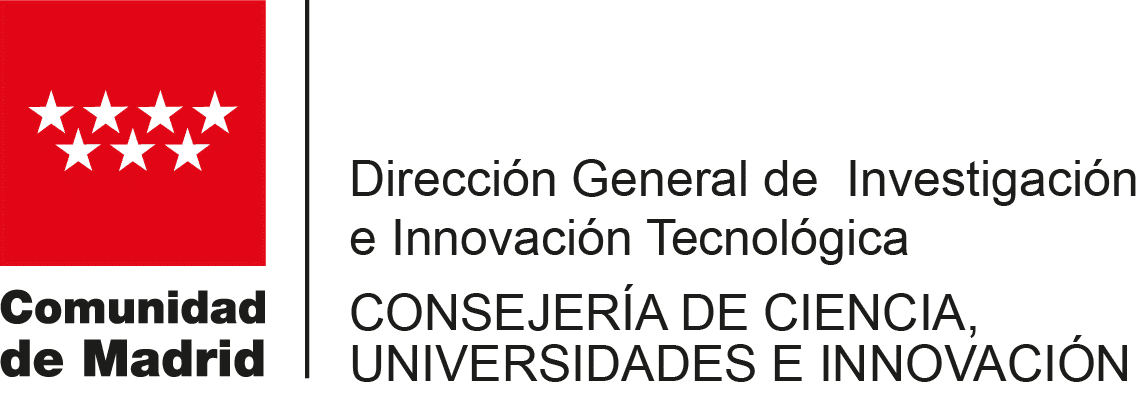Last week we told you on our social media that music has very positive effects on the brain, both physically and emotionally. Firstly, music is able to stimulate certain intellectual capacities and increase brain activity. It also fosters creativity and improves concentration. Music is, therefore, an excellent teaching tool and can become our ally in the classroom. Whether students are learning a new language or any other subject, songs can be used to improve results.
In language learning, music can be especially useful. Listening to and singing songs in the language being learned can help improve pronunciation and listening comprehension, as well as increase vocabulary. It is also a fun and exciting way to learn about the culture and traditions of the countries where the language is spoken.
In other subjects, music can also be a useful tool. For example, in mathematics it can help children understand complicated concepts. In history, music can be an effective way to learn about the culture and politics of a particular era… Plus, it can be a great way to keep students motivated and engaged. When students are having fun and feel emotionally connected to the learning material, they are more likely to retain the information and feel excited to learn more.
But music doesn’t just facilitate knowledge acquisition in the classroom, it also has numerous benefits on an intellectual and emotional level. For example, it creates and stimulates different connections in the brain, which strengthens memory and facilitates the retention of information. On top of that, it also relieves stress and strengthens self-esteem. Music can increase happiness levels, which in turn improves mood and promotes well-being. Finally, it fosters a positive and enjoyable classroom environment.
At Smile and Learn we have hundreds of songs to help students understand new concepts and vocabulary. If you haven’t tried our educational platform yet, you can do it for free by filling out this form.
